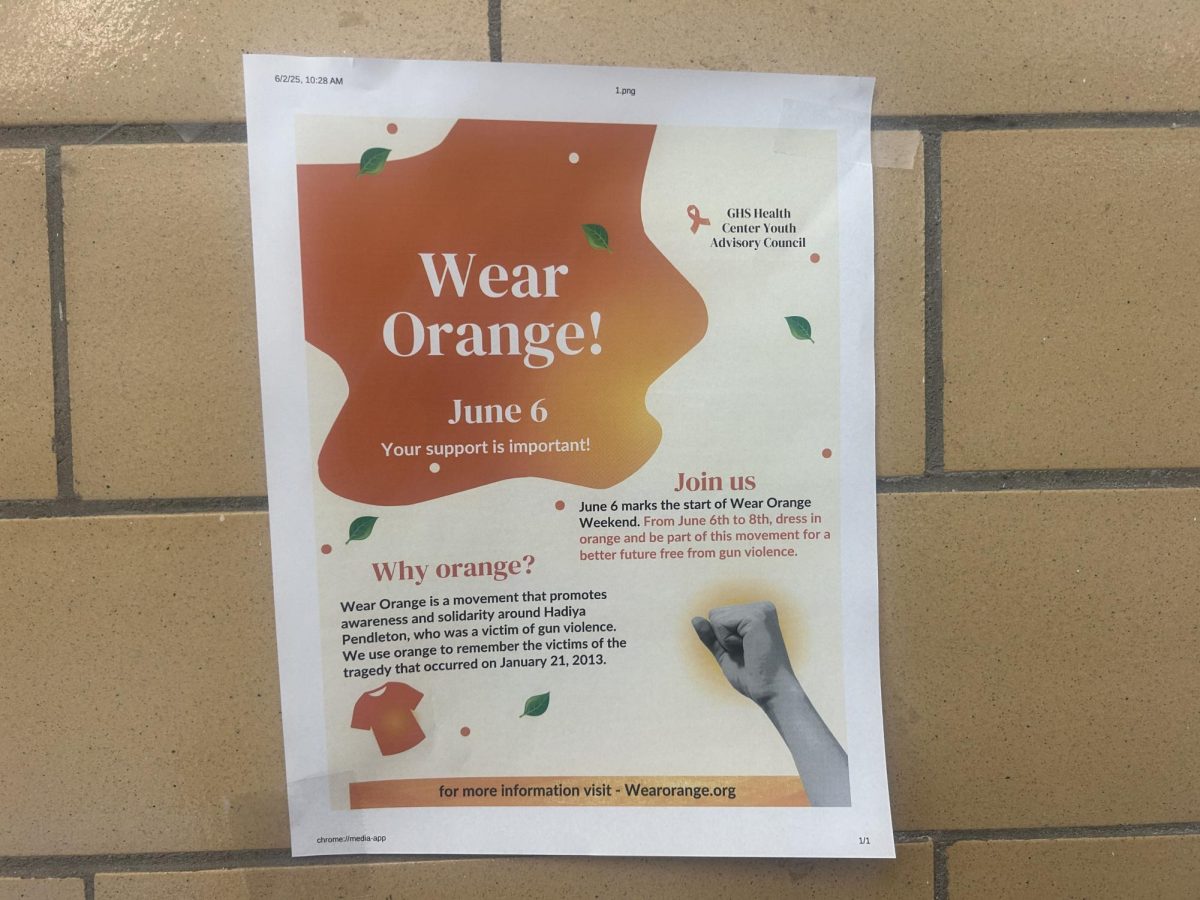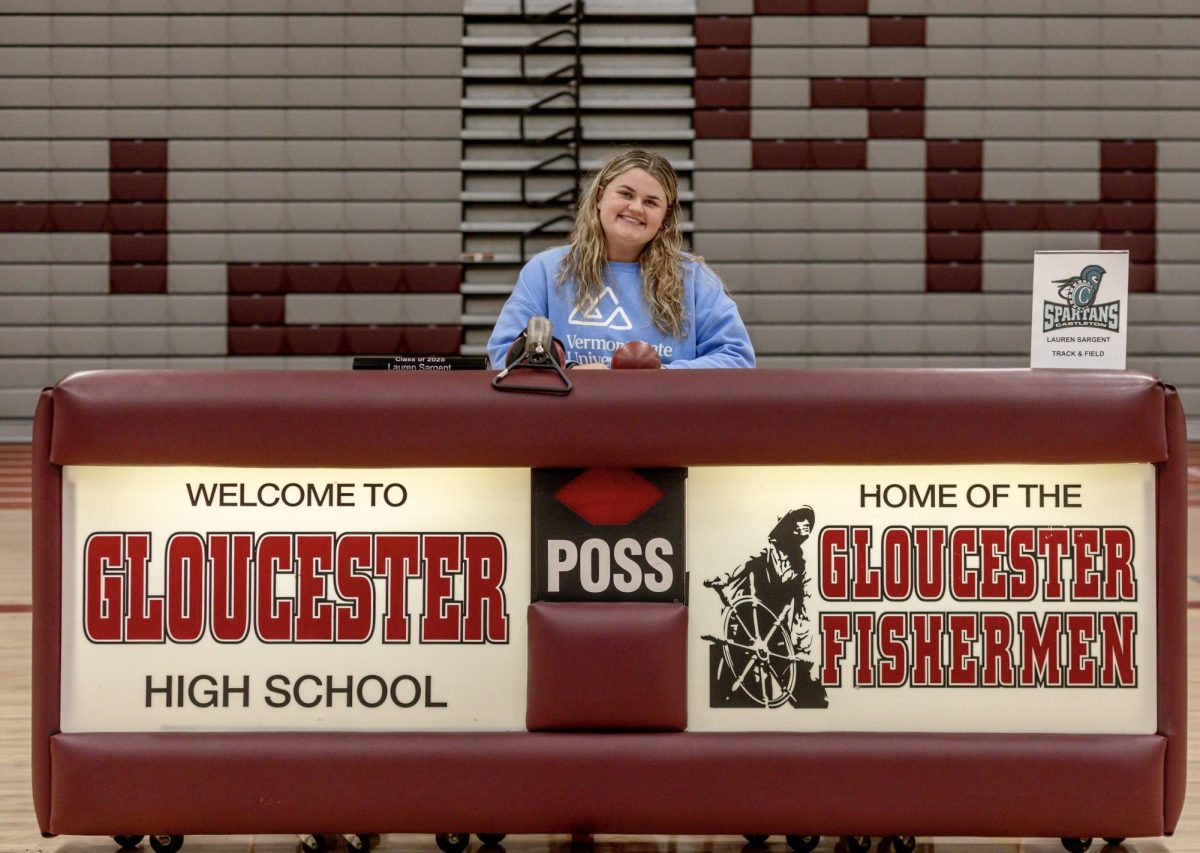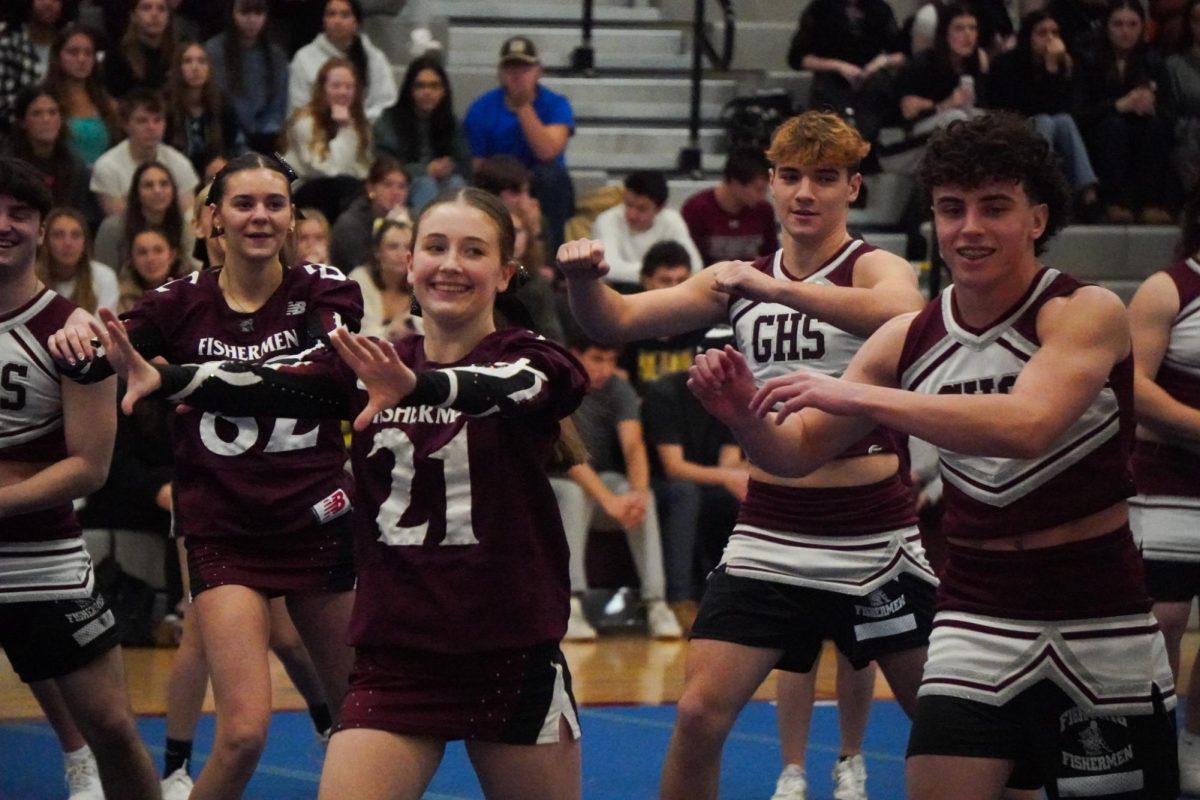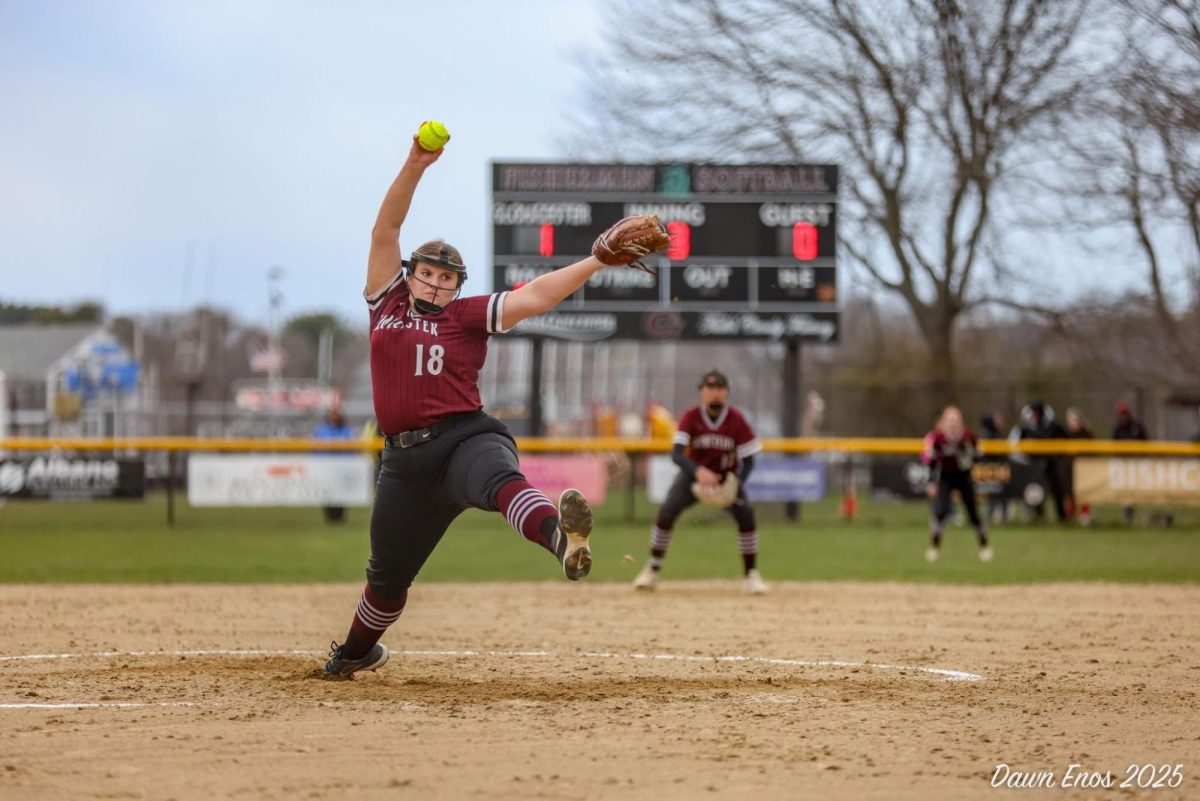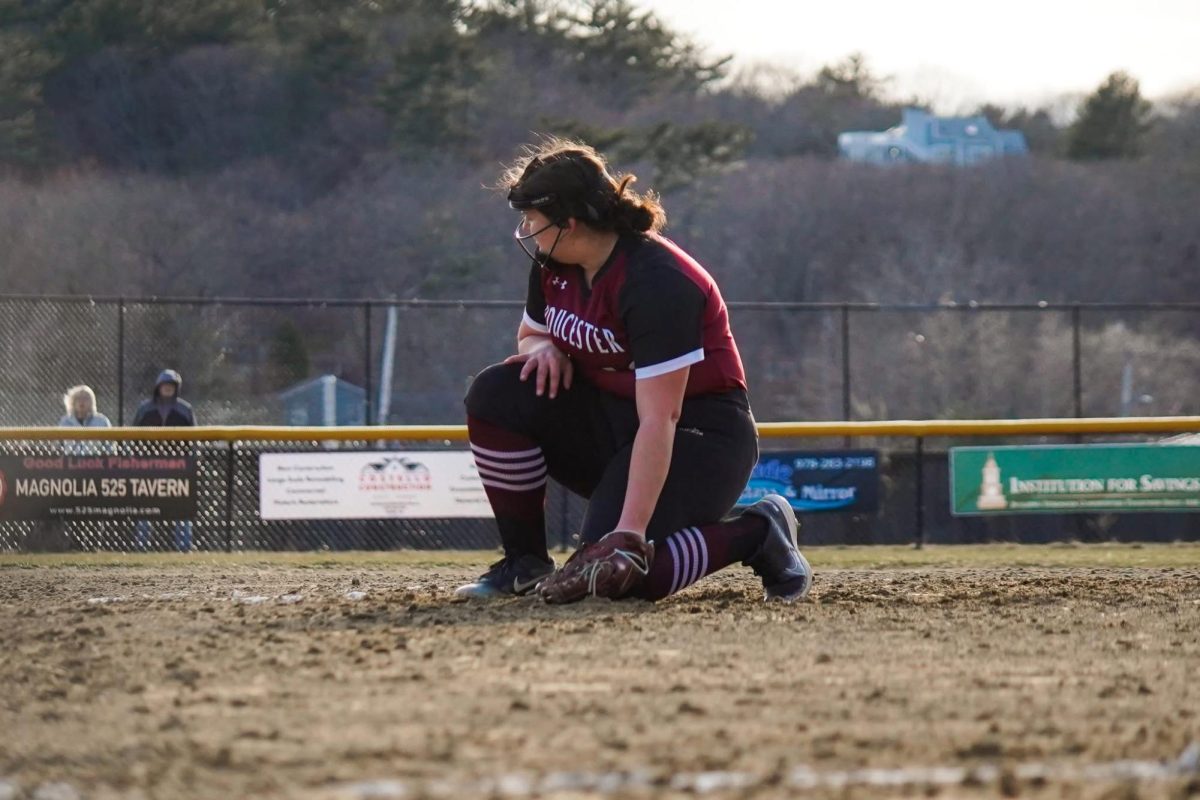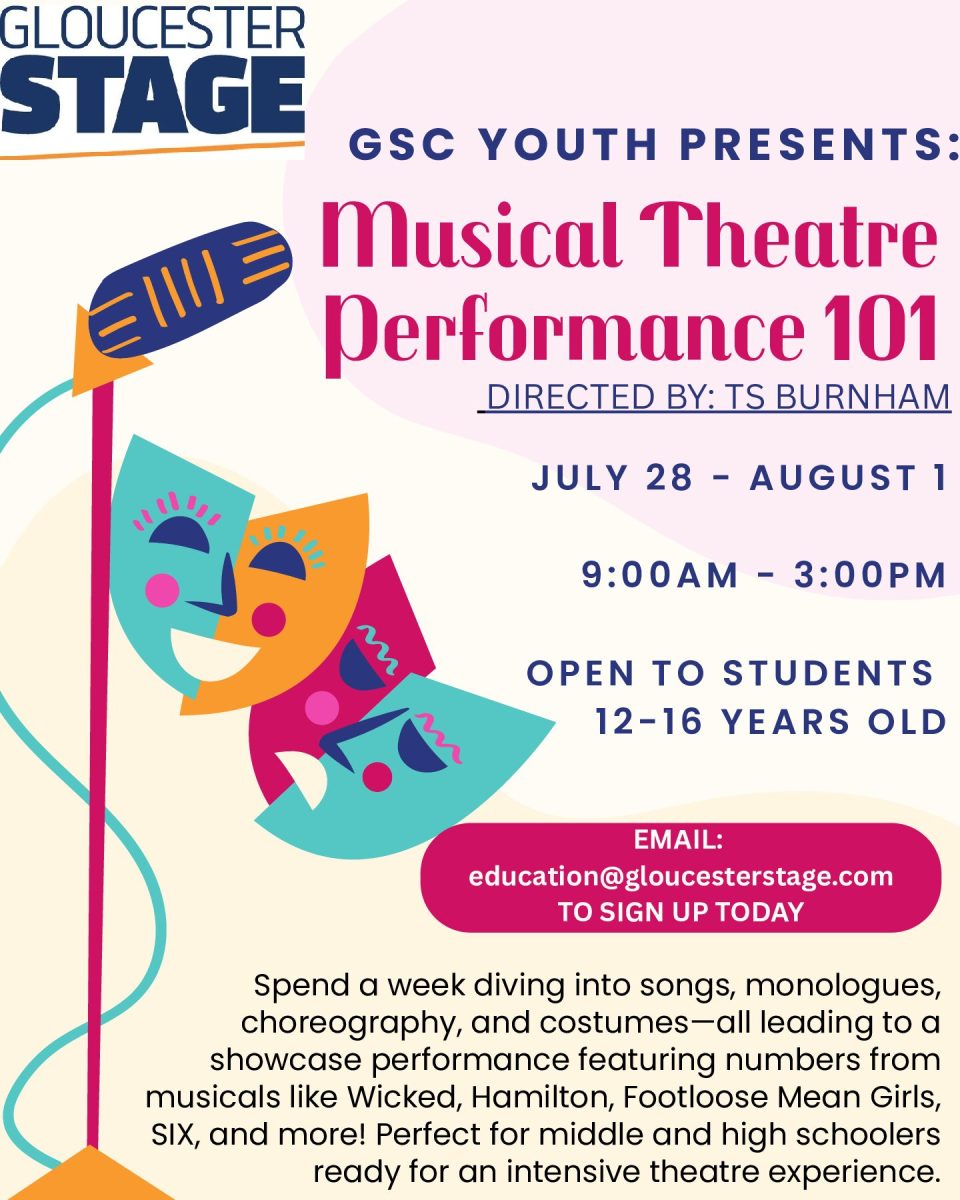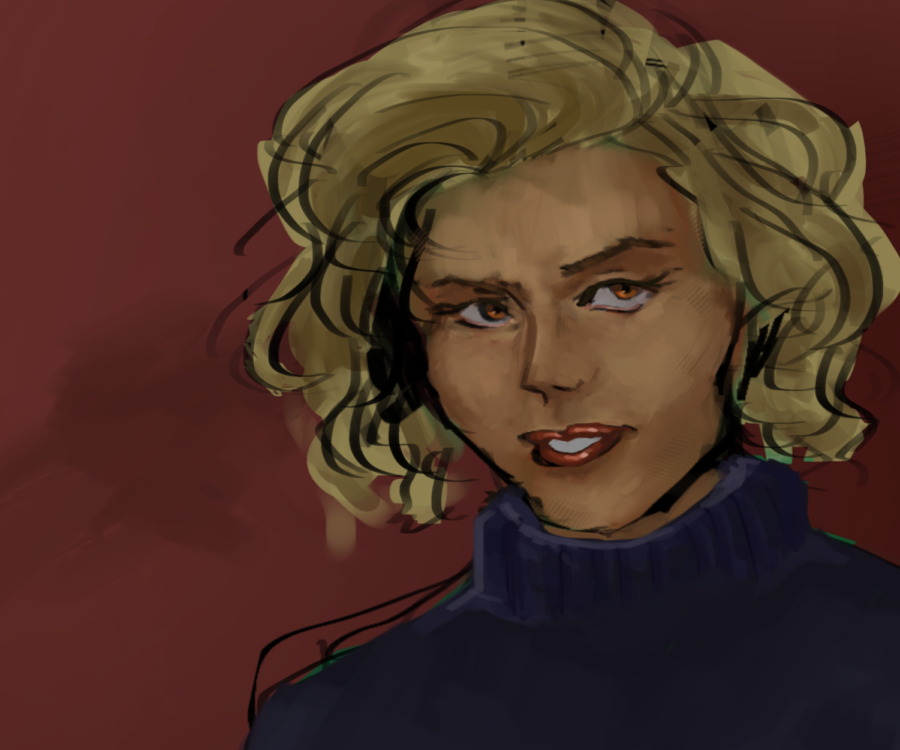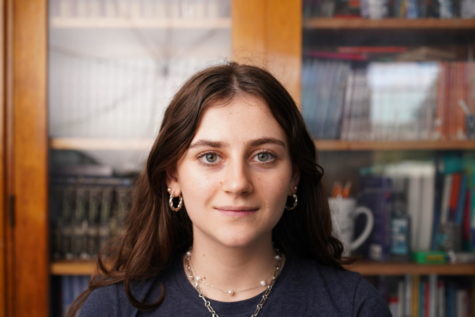Blonde: a controversial take on Marilyn Monroe
October 13, 2022
Blonde, the new dramatization of Marilyn Monroe’s life, has largely received negative criticism from the public, due to some creative liberties taken by director Andrew Dominik. To put it in context, the movie is in no way a biopic. It is based on a book by the same name, which is a fictionalized retelling of the life of Monroe, NOT A BIOGRAPHY.
Neither the book nor the movie is an accurate depiction of Monroe’s life, which to be fair, they aren’t necessarily trying to be. This does create issues, however, when people take the movie as fact, not as a fictional tale that diminishes all of Monroe’s accomplishments and complexities. Of course, Monroe did suffer a great amount at the hands of the people around her, but she was also an incredibly funny and intelligent person—far from her typecast as a ‘dumb blonde’—which the movie ignored.
Her acting chops were also disregarded in the film, as the movie implies that many of the roles that she earned were only given to her because of her looks. One scene depicts her in a casting room, not auditioning, but instead getting brutally raped, and then proceeding to get the role. Another scene features a botched audition, but as she’s walking away, the casting director comments on her figure as the camera zooms in on her ass. As much as she was taken advantage of, she did have an incredible knack for acting, which is mostly omitted from the story in favor of scenes where she is abused.
Not only is the movie incredibly disrespectful to Marilyn’s legacy, but it’s also just bad. Even in the first scene, I was shocked to see how poorly the ideas behind the movie were being executed. The scene shows a young Marilyn, known then as Norma Jean, looking at a picture of her father. She asks her mother “That’s my father?” to which her mother responds “Shh look at your father.” I mean seriously, who wrote this script?
Amid some very strange cinematography choices and redundant dialogue, elements of magical realism make their way onto the screen, the most bizarre of which is by far Monroe’s conversation with her own unborn baby. The fetus pleads with her not to abort it like she did her first pregnancy, which is weird because there is no evidence suggesting Monroe ever had an abortion, and also because the visuals of the scene were utterly puzzling. At the time of the conversation, Monroe is only a few months pregnant with a flat stomach, so the fetus would look nothing like the fully formed baby it was shown to be onscreen.
As much as I adore Ana de Armas, especially her performance in Knives Out, I doubt any actor would be able to save Blonde, and that unfortunately includes her. Though she may resemble Marilyn, something was missing, which is especially evident in the ‘Diamonds are a Girl’s Best Friend’ scene. Maybe it was the fact that it was not actually de Armas singing, or maybe it was the limited time she had to learn the number, but Monroe’s signature spunk and sparkle were noticeably absent.
If Andrew Dominik wanted to make a movie about a fictional Hollywood starlet, I’m sure he could have made a much better movie. Instead, he decided to demean and reform Monroe’s life so it could fit into his idea of what it should have been. He even admitted that he thought the most important part of her life was her suicide, and chose to structure his whole movie around that, so it could be ‘artistic’ or ‘meaningful’ in some convoluted way. His interpretation was incredibly unfair to Monroe, and to anybody who wasted 2 hours and 47 minutes watching the life of an incredibly nuanced person be distorted into a thoroughly unentertaining movie.

